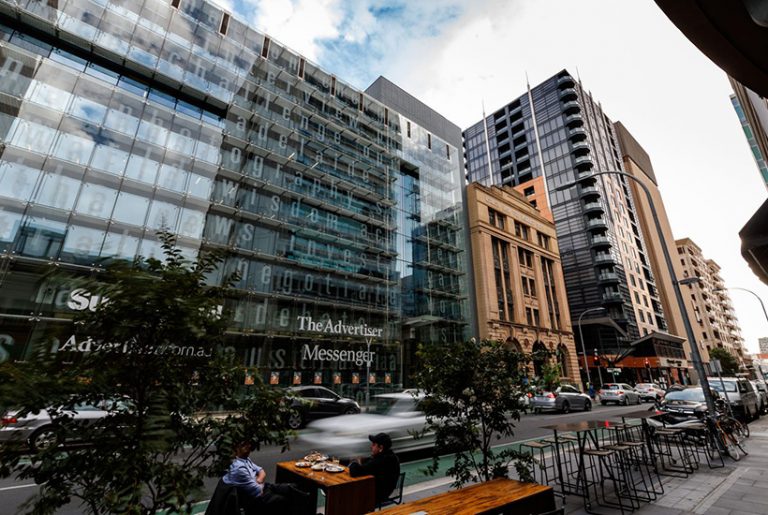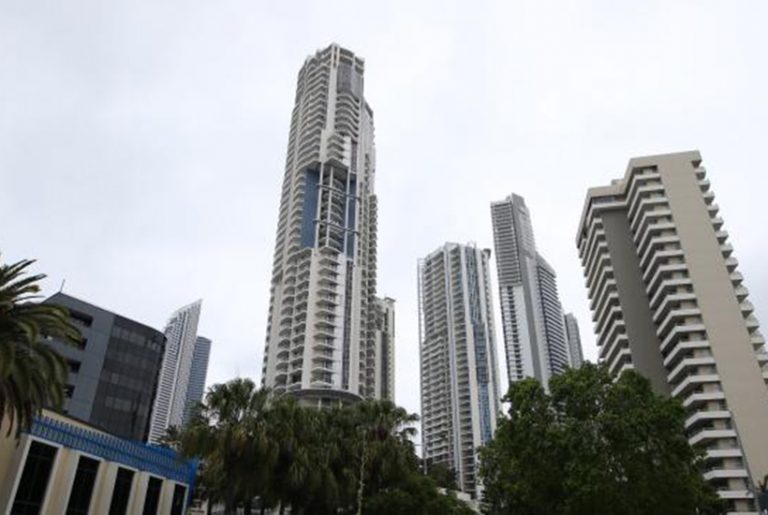COVID-19: How is the Tasmanian Government helping commercial property tenants and landlords?

Tasmanian commercial property tenants and landlords have been impacted dramatically by the coronavirus, with businesses hit hard through lockdowns and a subsequent loss of trade.
So what support is available for Tasmanian tenants and landlords who find themselves caught up in the coronavirus downturn?
In addition to the Federal Government’s stimulus package, which includes the JobKeeper and JobSeeker payments and new mandatory code for commercial property tenancies, the Tasmanian Government has confirmed $420 million measures to assist local businesses and property owners in weathering the current challenges.
MORATORIUM ON EVICTIONS
Tasmania was quick to legislate a ban on evicting commercial property tenants who find themselves in hardship due to COVID-19.
Under new legislation introduced on April 9, landlords cannot terminate a commercial lease for unpaid rent or other payments owing if the tenant has a turnover of less than $50 million and is eligible for the Federal Government’s JobKeeper propgram.
MORE: LATEST CORONAVIRUS COMMERCIAL PROPERTY NEWS
The rules apply to any lease that was in place on February 1 this year or that commenced prior to April 9 and will be in place until at least September 30.
RENT INCREASES SUSPENDED
Commercial property landlords cannot increase their property’s rent if their tenant has a turnover of less than $50 million and is eligible for the JobKeeper scheme.
The only circumstance in which rent can be increased is when rental levels are determined by the business’ turnover.
Again, the rules apply to any lease that was in place on February 1 this year or that commenced prior to April 9 and will be in place until at least September 30.
ADOPTING FEDERAL GOVERNMENT CODE
The Tasmanian Government is adopting the Federal Government’s code of conduct for commercial tenancies, which is aimed at spreading the burden of a business’ downturn between the tenant and landlord, in order to keep the business viable.
Among a raft of measures the code, which will remain in effect until at least September 30, allows for commercial rents and other charges to be waived or deferred, and provides for mediation when parties are unable to come to an agreement.

Hobart’s fishing industry is among the worst-affected by the COVID-19 downturn.
INTEREST-FREE LOANS
Tasmanian businesses in the most heavily affected industries (hospitality, tourism, seafood and exports) can apply for a share of $20 million in interest-free loans
Only businesses with an annual turnover of less than $5 million will be eligible, and the loans are intended to be used for purchasing equipment or restructuring business operations.
The loans will be offered on interest-free terms
Loans will be offered interest-free for three years. Details on how to apply have not yet been released.
PAYROLL TAX WAIVERS
For the final four months of this financial year, Tasmanian payroll tax liabilities will be waived for businesses in the hospitality, tourism and seafood industries.
For businesses with payrolls of up to $5 million in other industries, they can also apply to have their payroll tax waived for the April to June period, based on how heavily they have been impacted.
SHORTENED PAYMENT TIMES
To assist small businesses with cashflow, the Tasmanian Government has promised to reduce its payment times for monies owed to small businesses from 30 days to 14 days, unless contractual arrangements require otherwise.
GRANTS FOR APPRENTICESHIPS AND TRAINEESHIPS
Funding for the Small Business Grants Program, which provides $5000 grants for hiring trainees and apprenticeships in the hospitality, tourism, manufacturing and building and construction industries, has been brought forward.
YOUTH EMPLOYMENT REBATE
Businesses that employ a person aged 24 or younger between April and December will be eligible for a payroll tax rebate.
INDUSTRY-SPECIFIC ASSISTANCE
The tourism, hospitality and fisheries industries, which have been hit hardest in Tasmania by the spread of COVID-19, are eligible for assistance, fee reductions and other waivers to help them survive this period.







